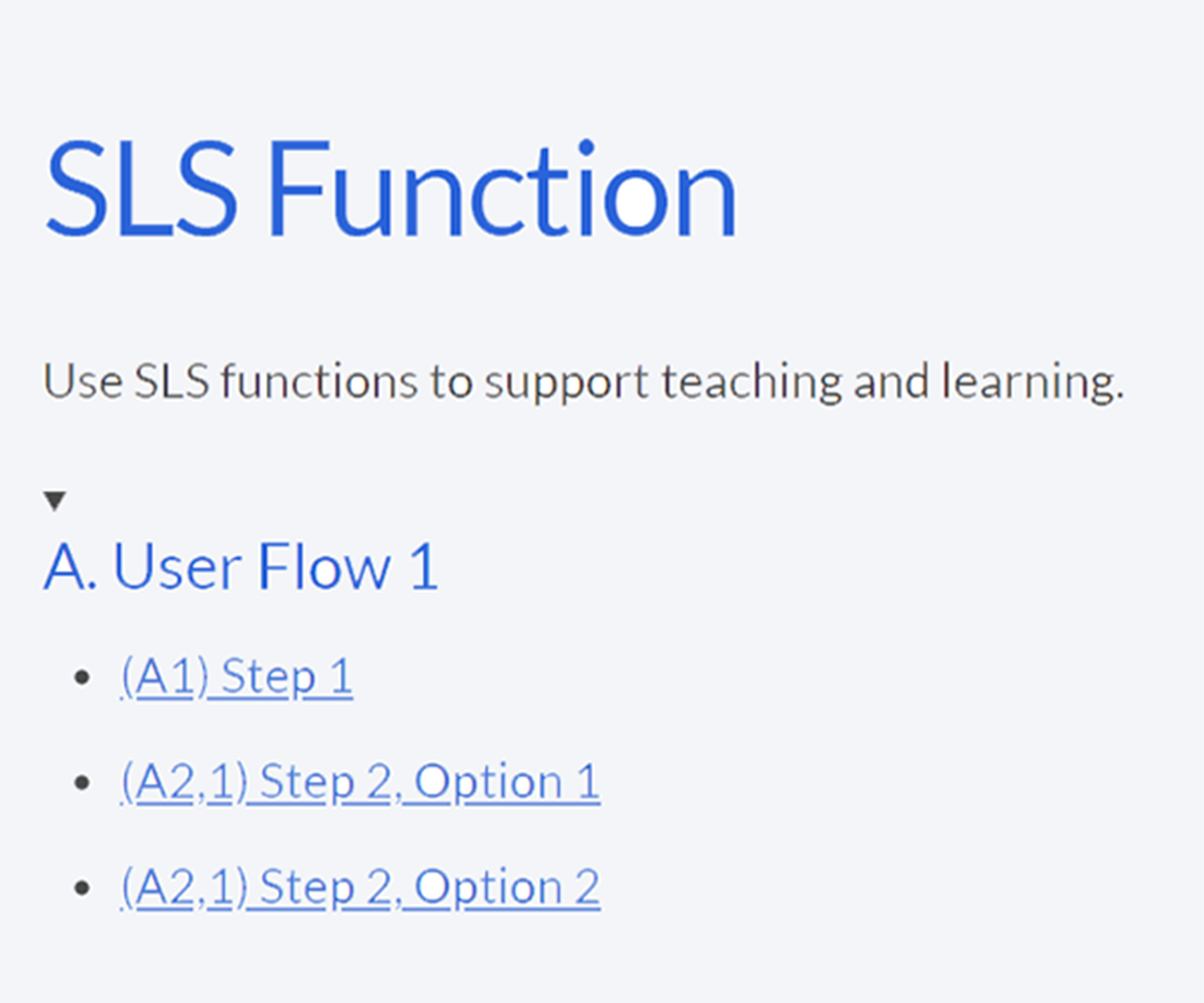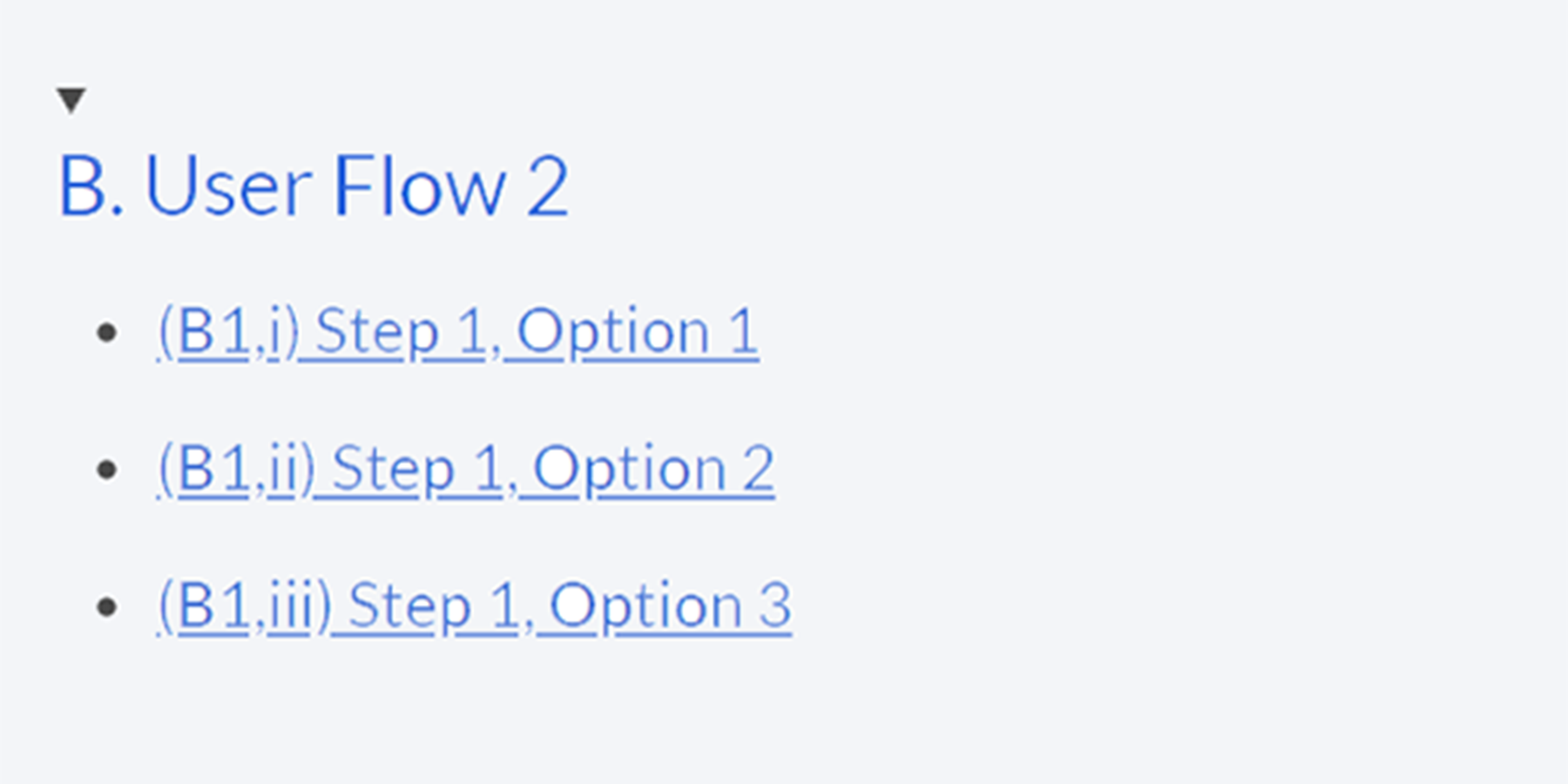Explore SLS Functions
Explore SLS Functions
Learn more about what the Singapore Student Learning Space (SLS) can do with the overview of SLS functions below.
Click here for more information on how to navigate the userguide.
Organise: Arrange your learning materials.
1. Discover
Use SLS to discover, search for and find useful Teaching & Learning resources that you can learn from.
2. Notify
Use SLS to receive notifications to follow up on Teaching & Learning matters.
3. Plan
Use SLS to plan personal events and be updated on class group events.
4. Organise
Use SLS to organise your personal and class group resources, assignments, conversations and notifications.
5. Self Study
Use SLS to plan and organise self-study resources and share good resources with peers.
6. Customise
Use SLS to customise your avatar, UI and user experience based on your needs.
Author: Experience exciting lessons.
1. Gamify
Use SLS to experience a game-like experience when going through your lesson.
Enact: Access your learning materials.
1. Assign
Use SLS to easily navigate modules assigned by my teachers.
2. Collaborate
Use SLS to easily access collaborative learning activities together at the same time or different times.
Assess: Track your learning progress.
1. Assess
Use SLS to complete and submit work, easily access and follow up on teacher marks and feedback.
2. Track Progress
Use SLS to track your own progress within and across modules and assignments.
How to navigate the User Guide Pages
-
Each user flow is labelled with an alphabet (i.e. A).
-
Sequential steps for each user flow will be labelled with a number (i.e. A1).
-
User flows with steps that are branched out will have an additional number after a comma (i.e. A1,1).

-
User flows that are made up of non-sequential steps will be labelled with a roman number (i.e. B1,i)

How to follow the User Flow
-
On some category pages, you may see a flow chart like the one below:

-
These flow charts indicate the recommended steps to take (i.e. user flows) when a user wishes to perform a particular task. You may follow the arrows or numbering in the flow chart to proceed to the next step.
-
A step may branch out to multiple other steps, (i.e. “Add Existing Activities from Resources”, “Add Existing Components from Resources”, “Add Existing Media Objects from Resources”), when there is more than one possible path following the previous step. You may choose from any of them.

